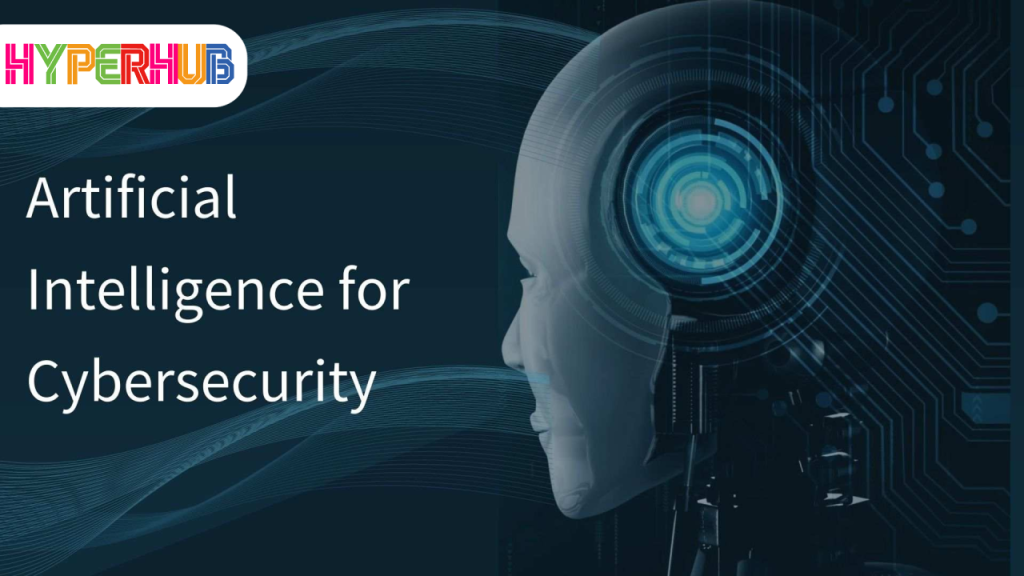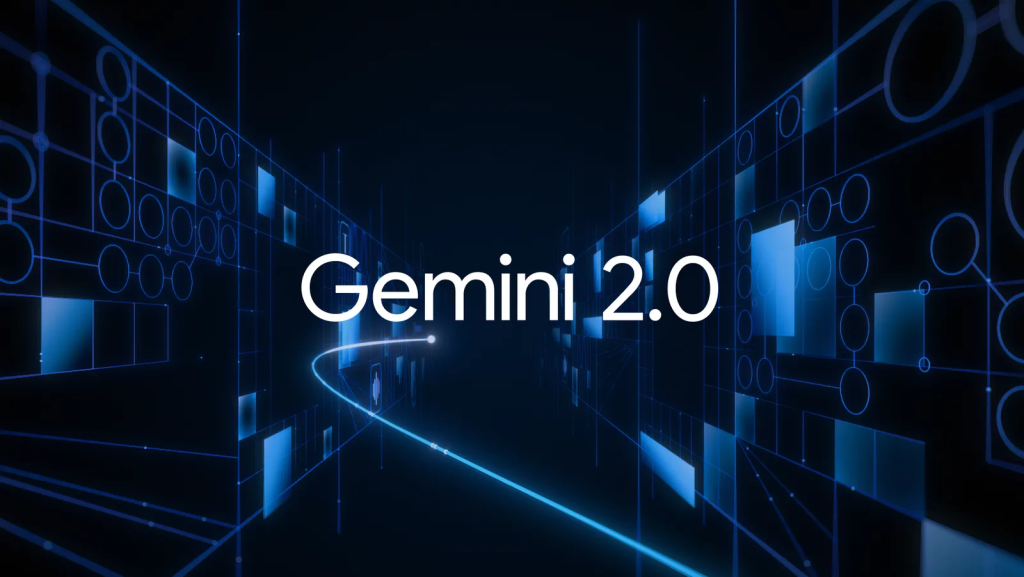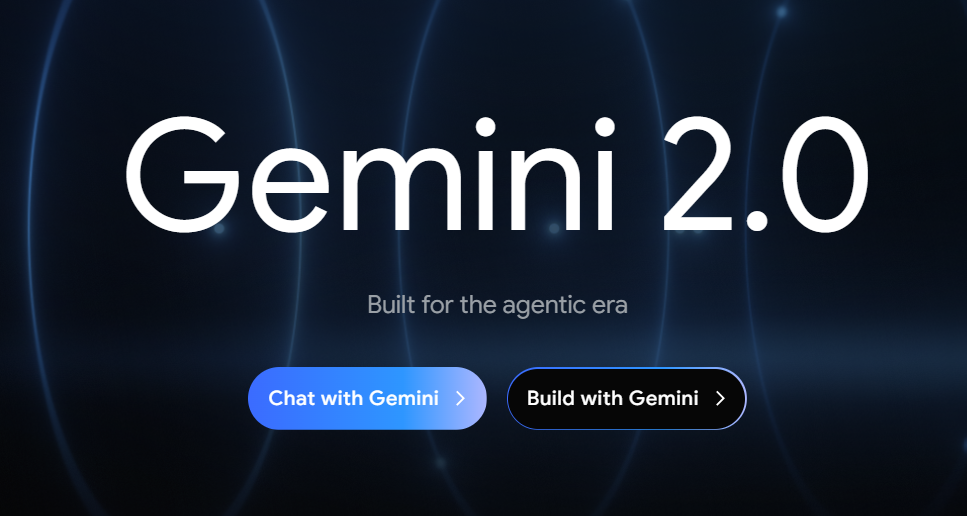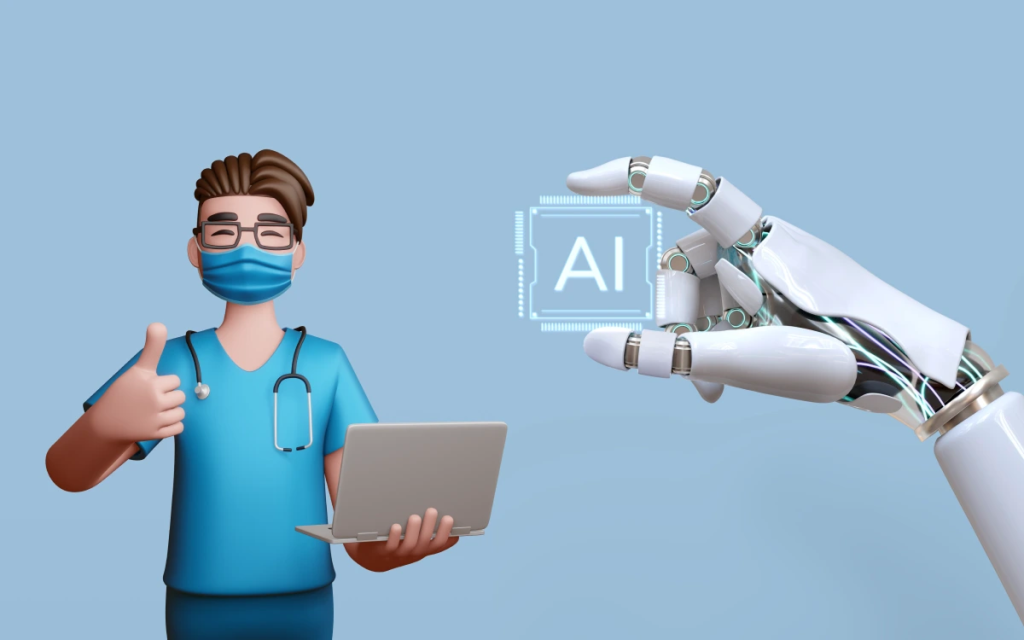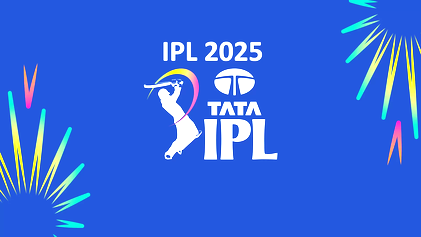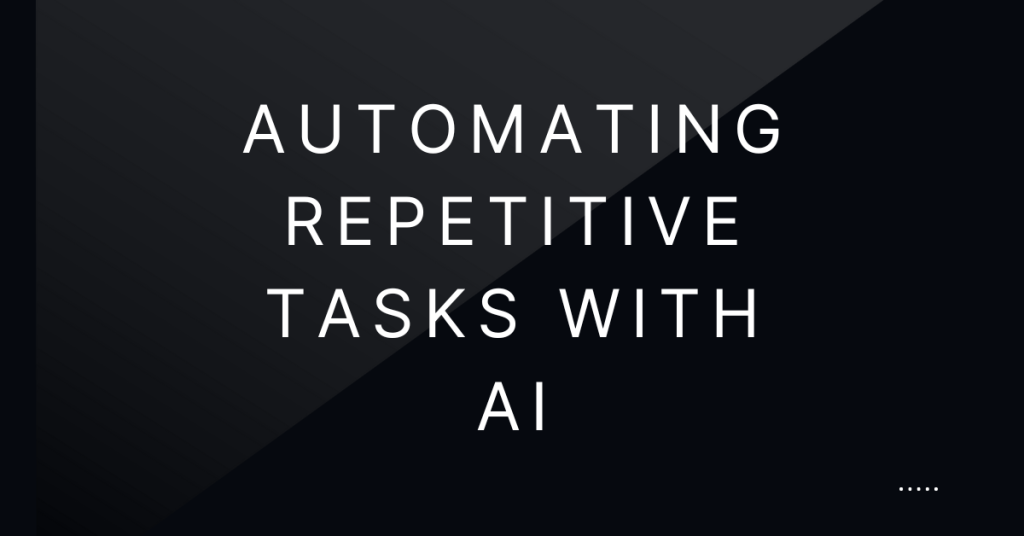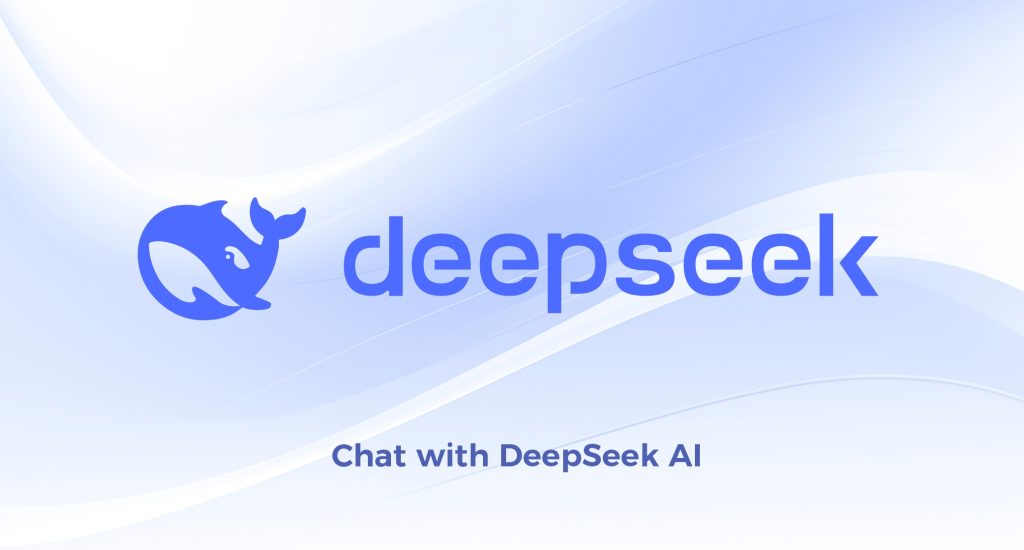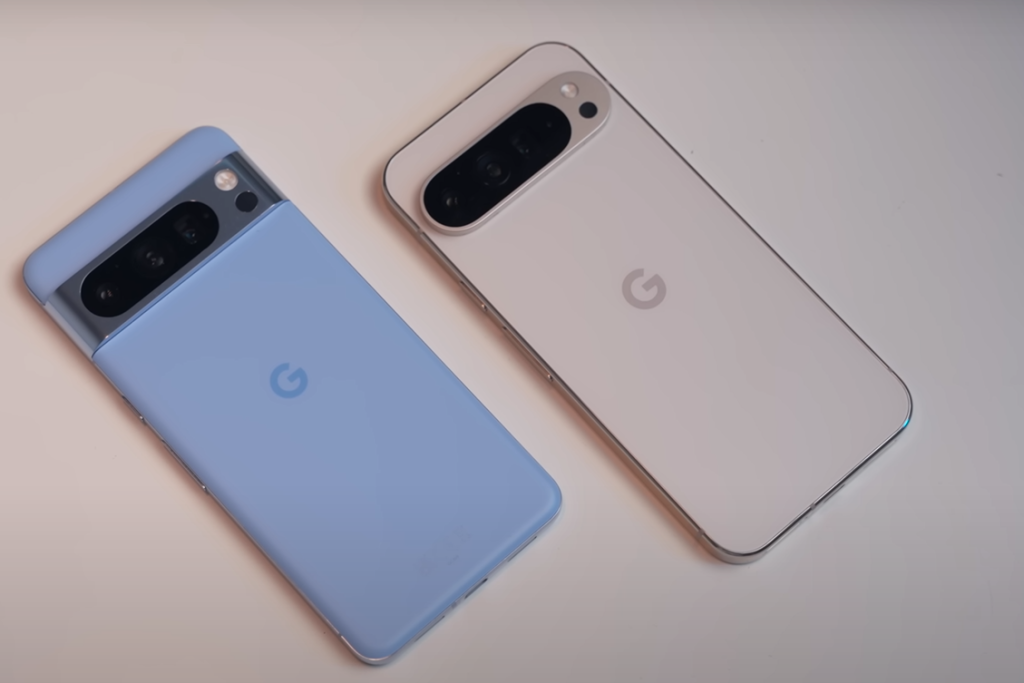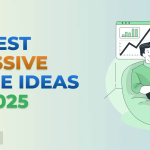How AI is Revolutionizing Personalized Healthcare
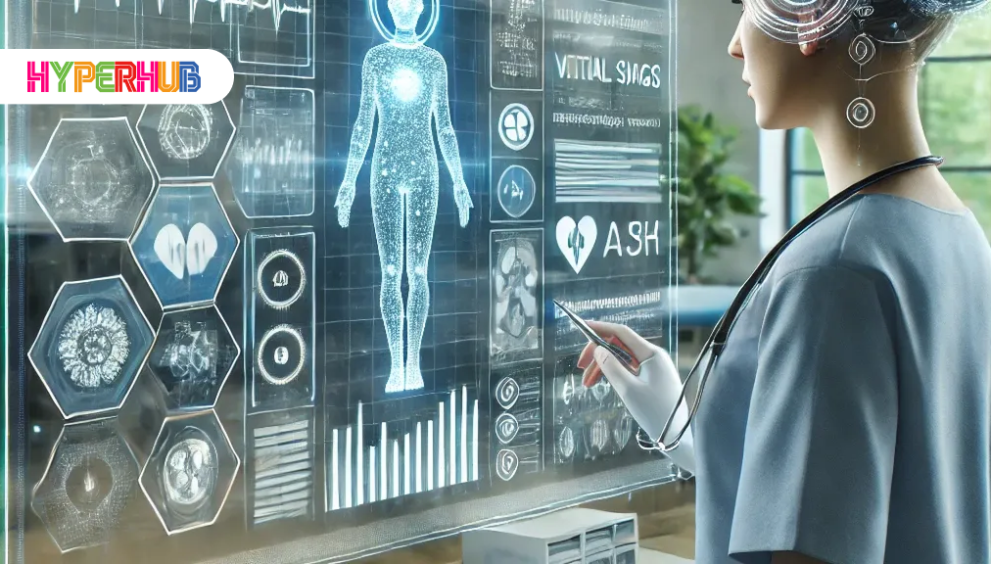
AI has, in the recent past, shone brightly as the foremost transformational force in health care, especially with respect to personalized treatment. By means of data, machine learning models, and predictive analytics, AI has begun to change how health care professionals diagnose, treat, and manage their patients. AI advancements have especially aided personalized health care, where medical care is adjusted according to an individual’s inherent characteristics, significantly improving both outcomes and experiences of those patients.
In this article, we shall look into how AI has been ushering in a transformation in personalized health care-the future of medicine.
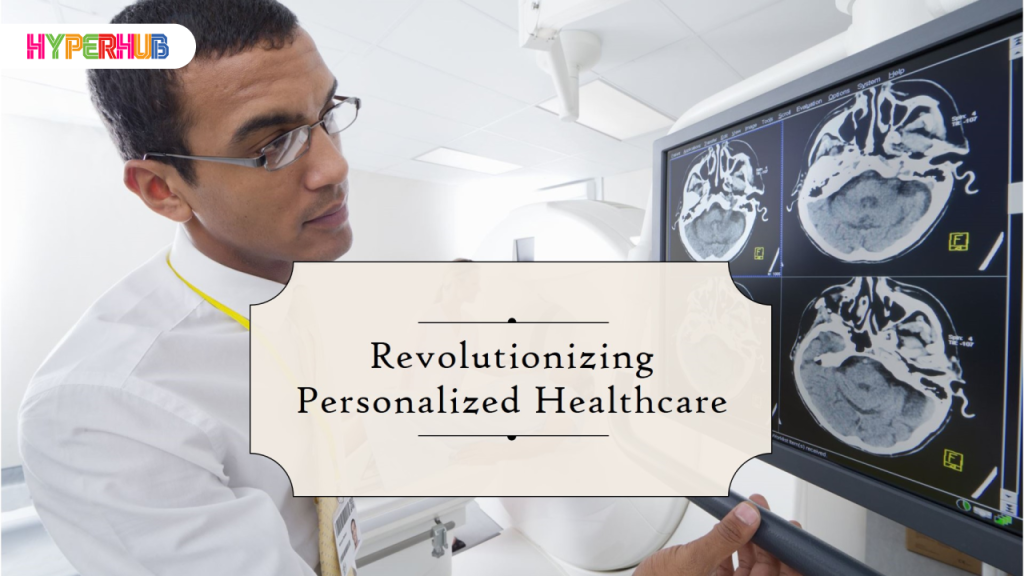
1. The Concept of Personalized Health Care
Personalized health care implies medical treatment, therapy, and prevention strategies customized to an individual’s genetics, lifestyle, and history with regard to medicine. So unlike traditional treatments-the one-size-fits-all approach-personalized health care allows the doctor to create a treatment plan that would fit an individual or patient’s needs.
AI enhances this process by examining massive datasets, recognizing patterns, and predicting possible health risks with a higher degree of accuracy.
2. AI’s Position in Personalized Healthcare
So many ways why AI has enhanced the personalization of healthcare:
A. Predictive Analytics for Early Diagnosis
An AI algorithm can predict the possible health threats by studying the data of medical records, genetic information, and data attained from wearable devices.
Examples include:
- Predicting heart attacks by studying ECG data.
- Recognizing the risks of cancer through image recognition technology.
- Recognizing early signs of diseases like Alzheimer by studying speech patterns.
B. Precision medicine
AI-enabled precision medicine develops personalized drug therapies based on genetic data. It helps:
- Choosing the right therapy for a patient based on his or her genotype.
- Reducing the side effects of drugs by adjusting their dosage.
- Increasing the probability of success of treatment.
Example: AI platforms such as IBM Watson for Oncology suggest personalized treatment plans for cancer.
C. Virtual health assistants
AI-driven chatbots/virtual assistants give personalized advice and reminders and offer mental health support.
Popular Examples:
- Ada Health-for symptom assessment.
- Woebot-for mental wellness and therapy support.
D. Remote Monitoring and Wearables
AI devices monitor and personalize data in real-time, heart rate, blood pressure, haemoglobin, and blood sugar.
Examples:
- Fitbit and Apple Watch used in monitoring fitness activities and vital signs.
- Continuous glucose monitoring (CGM) detects abnormal fluctuations in glucose level and alerts diabetic patients.
3. AI in Genetic Analysis and Drug Development
AI has quickened the pace of genetic study, which increases accuracy in treatment and enhances drug discovery.
A. Genetic Analysis
AI technologies analyze unprecedented amounts of genetic data to predict inherited diseases and suggest preventive strategies.
Example: Deep Genomics uses AI to identify genetic modifications and predict their effect on health.
B. Drug Development
AI speeds up drug discovery by predicting the interaction of different compounds with the body; it also helps to cut costs and time in research.
Example: Insilico Medicine runs AI studies to find potential drug candidates for orphan diseases.
4. Individualized Plans for Therapy
Wellness treatment systems could permit doctors to design treatment plans according to a patient’s medical history, lab results, and even lifestyle changes.
Merits:
- Improves the status of results through individual treatment.
- Lowers trial and error in medication selection.
- Improves chronic disease management.
For instance, Tempus uses AI to analyze clinical data for making treatment recommendations for cancer-related illnesses.
5. AI Serving Mental Health Support
AI-based platforms are modifying mental health care as they provide therapy sessions customized to the individual and mood tracking.
Common AI Tools in Mental Health:
- Woebot: A cognitive-behavior therapy (CBT) AI chatbot.
- Wysa: A mental health application using guided meditation, self-care strategies.
AI tools personalize communications so that the therapists can offer appropriate treatment concerning what the patients feel.
6. Enhancing Doctor-Patient Relationships:
AI does not replace physicians; it empowers them. This is because it saves time and allows the medical health care provider to spend more time with the patient rather than patching tasks relating to them. Hence, it develops a closer bond between doctors and patients for better understanding and healthy interaction.
Role of AI in Efficiency:
- Automate administrative tasks such as appointment scheduling.
- Provide faster decision-making process through data-driven insight.
- Assist with medical documentation towards more accuracy.
7: Privacy and Ethics Considerations
AI certainly promises a lot of transformation; however, digitized issues come in the form of privacy, security, and algorithmic bias concerns. Since there should be trust in AI healthcare systems, it is thus vital to protect patient data.
Major Considerations:
- Certification of AI systems being compliant with rules governing healthcare system (e.g. HIPAA).
- Addressing biases of algorithms that may have effects on patients’ outcome.
- Providing transparency in making decisions with AI.
8. The Future of AI in Personalized Healthcare
Its role in health care will expand further through the following advancements:
Predictive models for outbreaks of diseases.
AI-assisted robotic surgery to perform precise treatment for the patient.
Smart home devices connected to networks for real-time care insight.
Innovation goes on and on. It’s safe to say that AI is going to promise healthcare efficiency at the touch of a button, all while improving the personalization of treatment through advancement, availability, and cost.
Final thoughts
Healthcare is not just transforming through AI; it is personalizing. Now early diagnosis becomes possible with this power of artificial intelligence, developing individualized treatment plans, as well as mental health support, all by leveraging data and machine learning. It shines brighter than ever for the future of personalized healthcare with the progressive growth of AI technology. Through these advances, health care systems will empower both the provider and the patient for better health outcomes, moving closer to achieving what the system was designed to do: to create a healthier, more efficient medical system. Are you ready for an AI future in healthcare?

 English
English 














